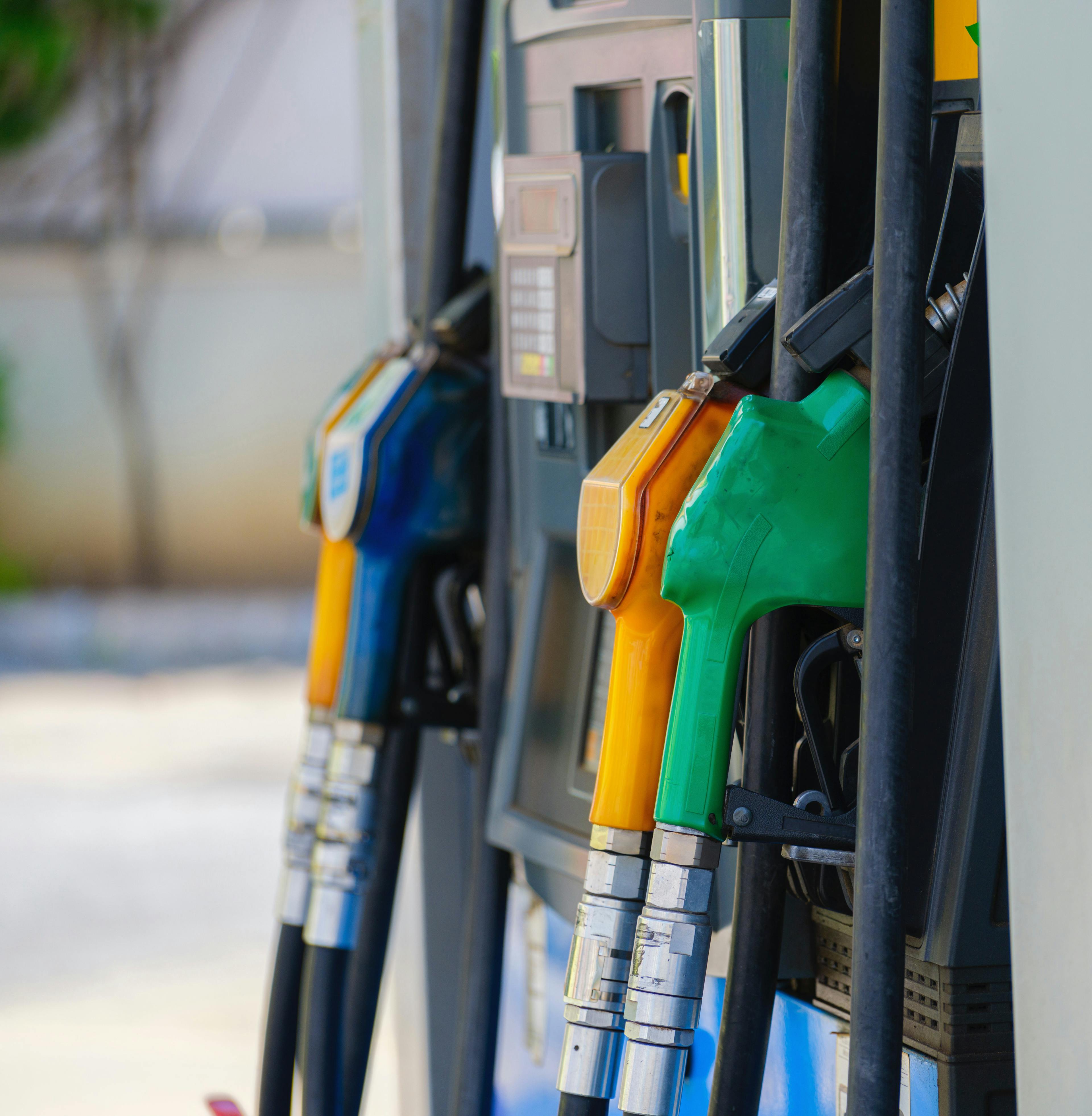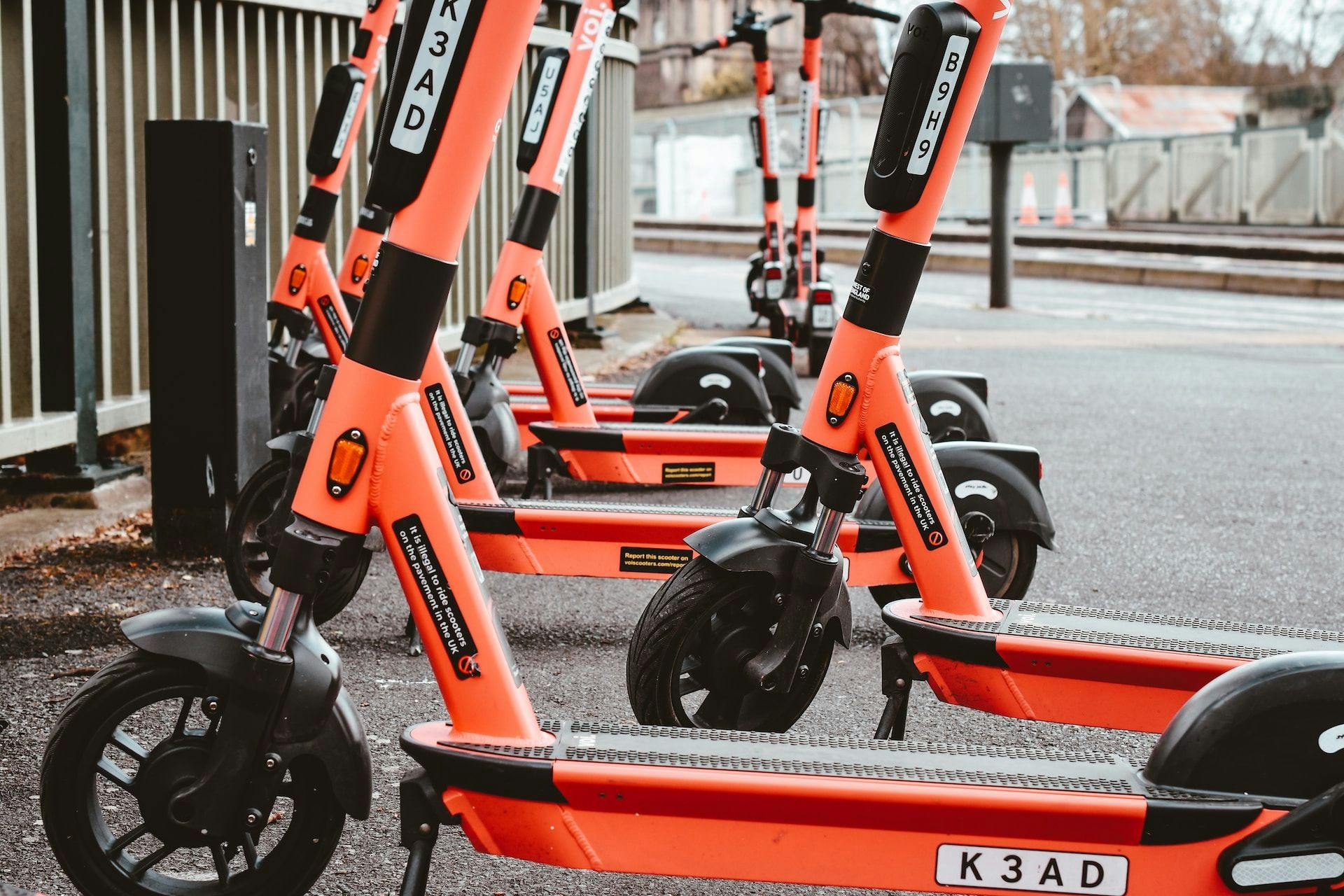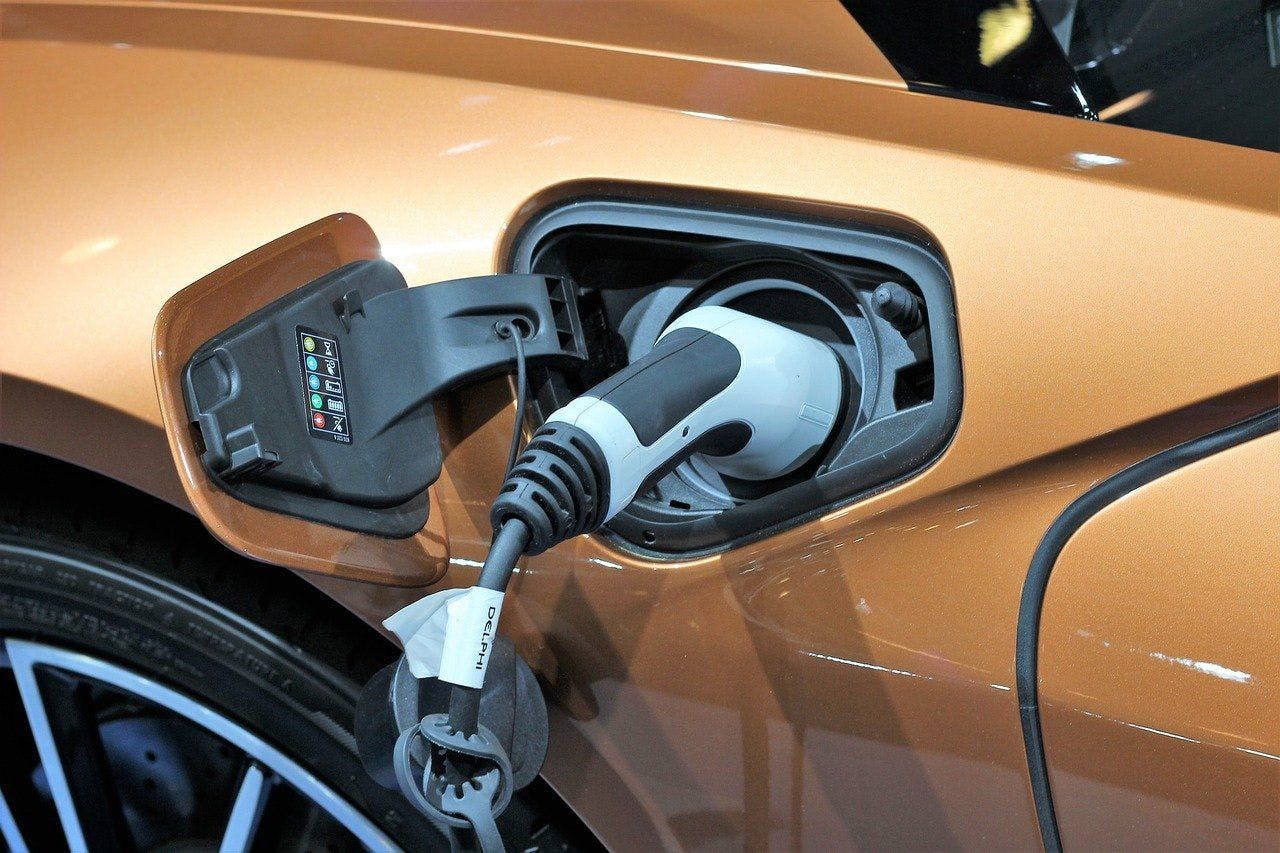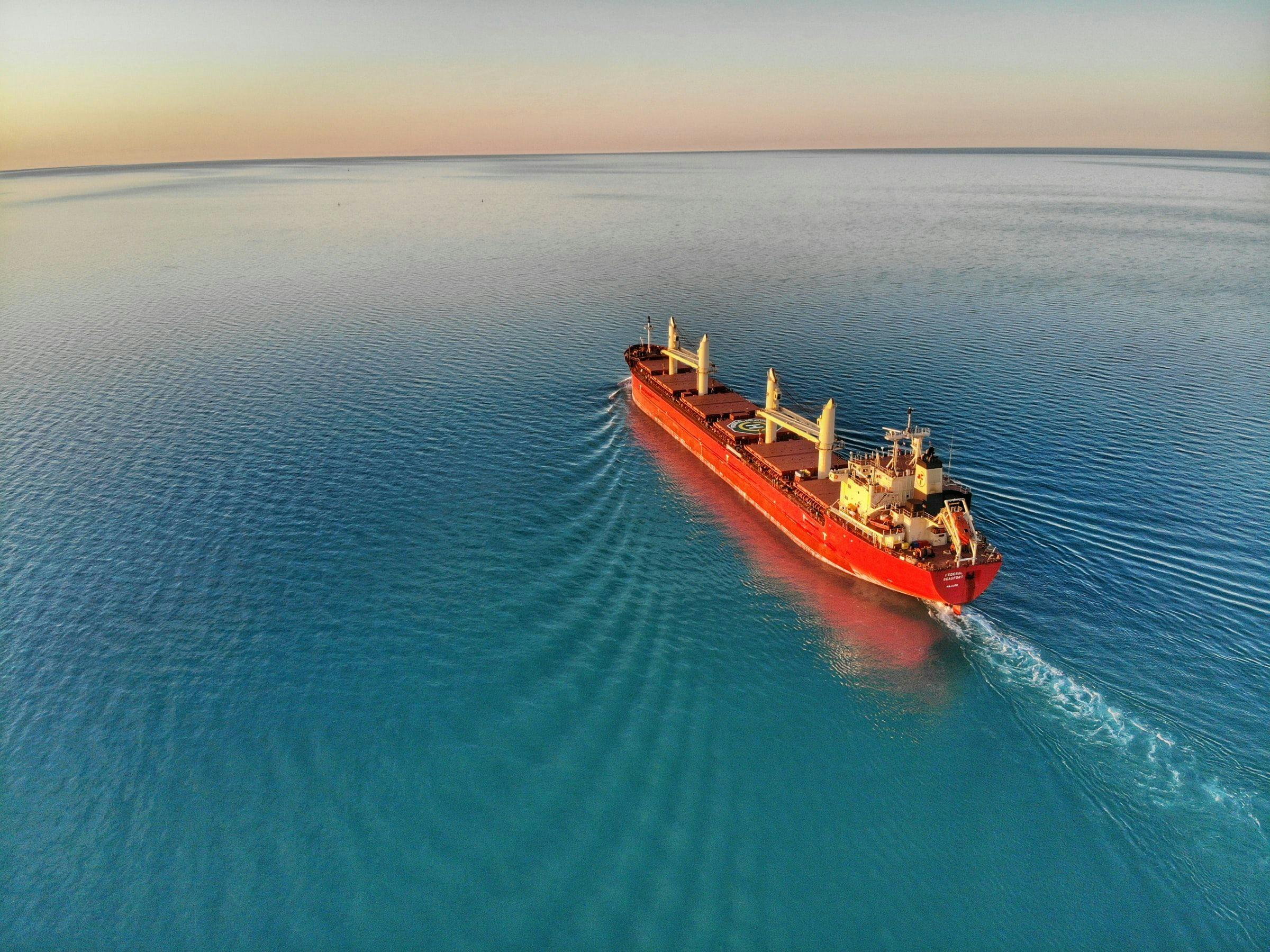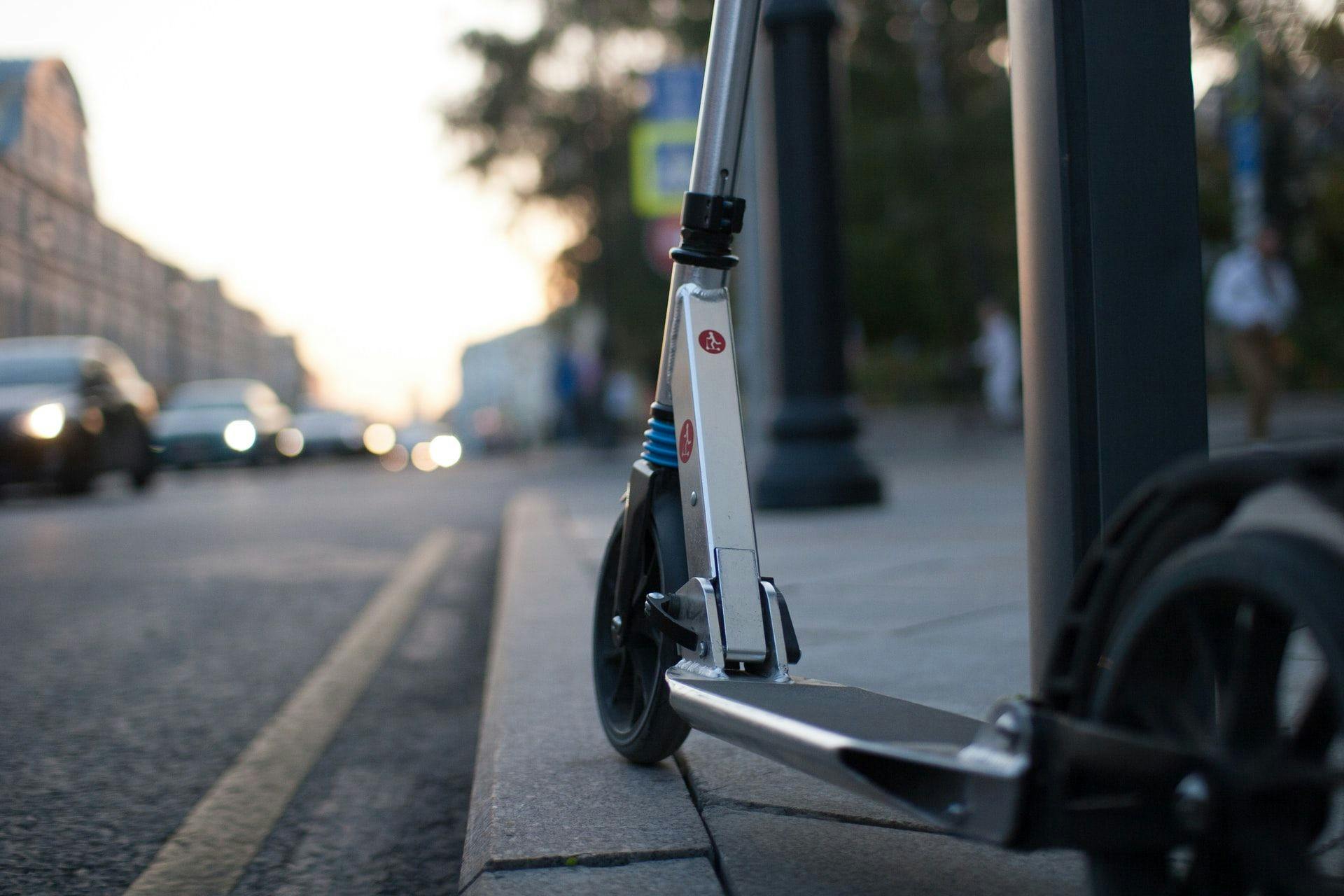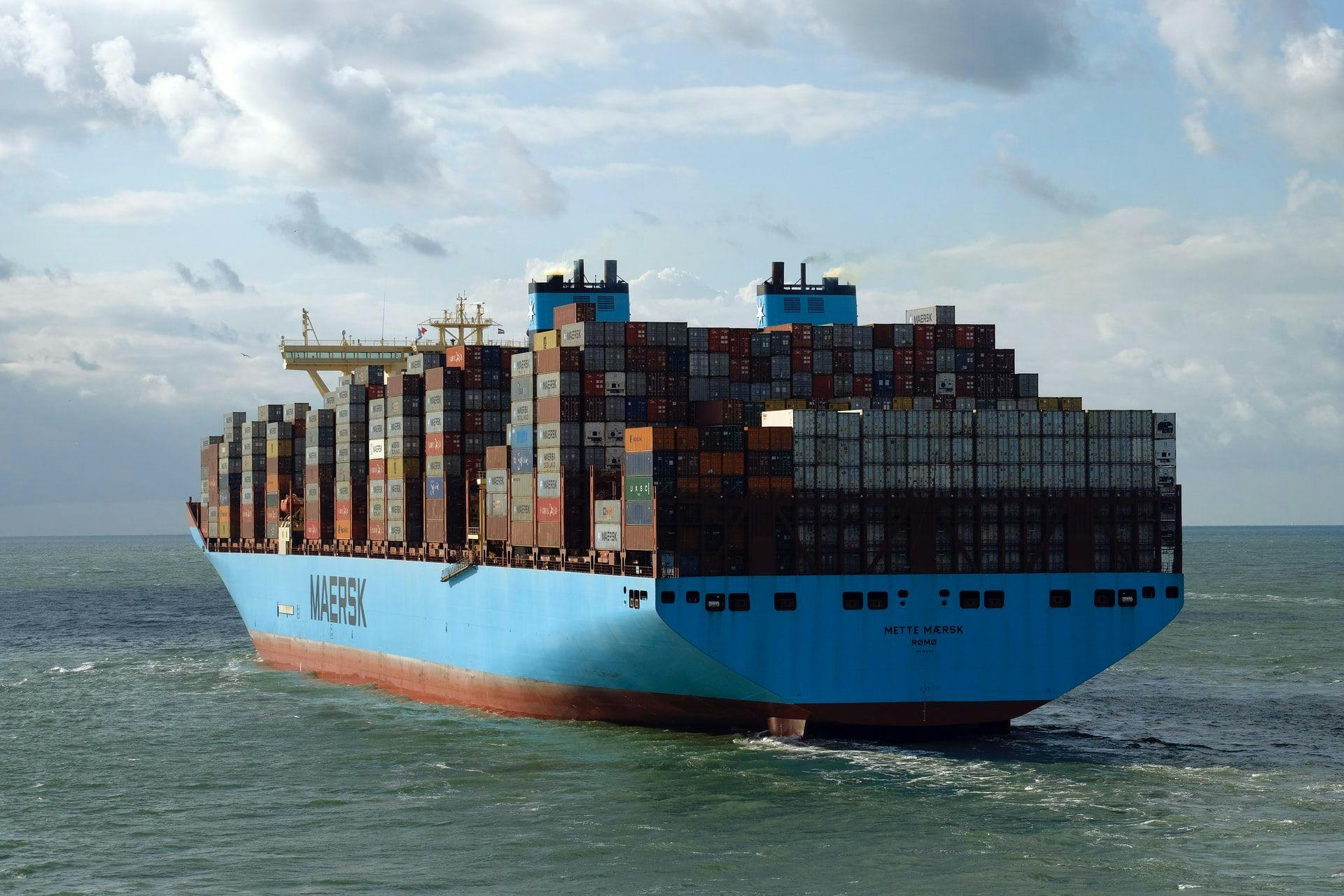What technologies for tomorrow's long-haul trucks?
To achieve carbon neutrality in Europe by 2050, freight transport must completely phase out diesel in just 25 years. For urban and regional transport, the course is clearly set for electrification, encouraged by regulations and supported by existing technology. But what about long-distance road transport, where constraints related to range and recharging are greater? Should we focus on biofuels, hydrogen, electric power, or all of the above?
- Several alternative energies exist to decarbonise transport, each with its own advantages and disadvantages. With regard to long-distance road transport, the publication below demonstrates that electric power is the most relevant decarbonisation alternative given the various criteria of resources, costs and efficiency; and in particular that liquid and gaseous biofuels (B100, HVO100, bioNGV) will ultimately only make a marginal contribution due to a lack of sustainable resources.
- Considering structural and regulatory developments, the publication projects a change in TCO costs for each type of engine and shows that electric engines will gradually become the norm in the heavy-duty vehicle fleet, with lower vehicle purchase costs, increased battery range, reduced charging times and an increase in the number of charging stations for heavy-duty vehicles.
However, this massive transition involves significant changes and must be anticipated by the entire value chain (transporters, logisticians, shippers, charging infrastructure operators), both in terms of fleet renewal strategy and support for the use of electric trucks, in order to take advantage of the energy transition in freight transport rather than simply enduring it.




